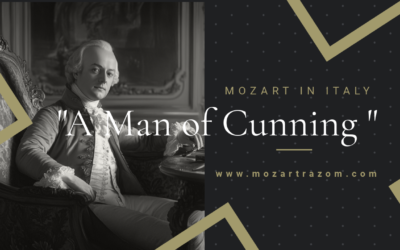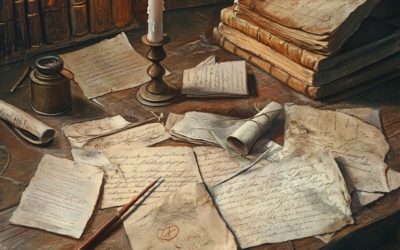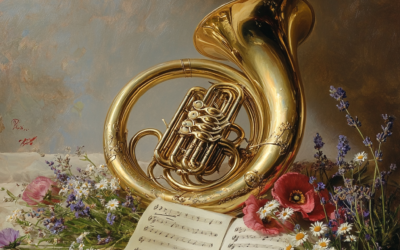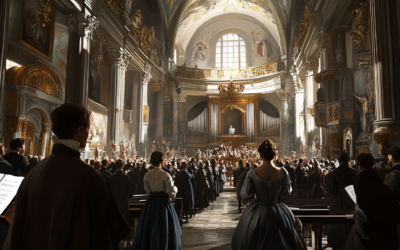The Mozart Question
Uncovering the Truth Behind the Myth
In this revealing interview, we delve into the lesser-known aspects of Wolfgang Amadeus Mozart’s life, challenging the long-standing myth of his genius. A Swedish journalist explores how Mozart’s legacy has been shaped and manipulated over time, shedding light on the crucial role played by his father, Leopold, in crafting the career of the famed composer.
Mozart: The Fall of the Gods
This book offers a fresh and critical look at the life of Wolfgang Amadeus Mozart, challenging the myths that have surrounded him for centuries. We strip away the romanticised image of the “natural genius” and delve into the contradictions within Mozart’s extensive biographies. Backed by nearly 2,000 meticulously sourced citations, this work invites readers to explore a deeper, more complex understanding of Mozart. Perfect for those who wish to question the traditional narrative, this biography is a must-read for serious music lovers and historians.
"Leopold Mozart was the real composer behind many of Wolfgang and Nannerl’s early works, shaping their success while crafting his own legacy."
Mozart: The Fall of the Gods
In The Mozart Question, we confront the conventional narrative surrounding Wolfgang Amadeus Mozart. This interview with a Swedish journalist unveils the reality of how Mozart’s story has been distorted over centuries. The focus shifts to his father, Leopold, who played a significant part not just in shaping Mozart’s career, but in composing much of the music credited to his son.
“Leopold Mozart’s life was a testament to survival in a world where his talents were often overshadowed by those of his more gifted contemporaries and his own son.”
Read the full interview to discover the truths behind one of the most influential composers in history:
👉 The Mozart Question
You May Also Like
A Revolutionary Encounter at Cremona Musica
Sharing insights on Mozart and the Neapolitan school at Cremona Musica, the premier global stage for music and culture.
#1 A Man of Cunning
In the end, Leopold Mozart’s life was a testament to survival in a world where his talents were often overshadowed by those of his more gifted contemporaries and his own son. While his “Violinschule” remains a notable contribution to music pedagogy, it is clear that Leopold’s legacy is as much about his ability to navigate the challenges of his time as it is about his musical achievements. His story is one of ambition, adaptation, and the lengths to which one man would go to secure his place in history, even if that place was built on borrowed foundations.
@MozartrazoM
Mozart’s Letters: A Legacy of Disappearances, Edits, and Forgeries
Mozart’s letters reveal missing originals, questionable authorship, and forgeries, adding complexity to his legacy.
The Curious Case of Mozart’s “Lullaby”
Though long credited to Mozart, the lullaby “Schlafe mein Prinzchen, schlaf ein” hides a murky history. Initially published by Nissen, Constanze’s second husband, it has endured as one of Mozart’s supposed works—despite a trail of doubts. In 1798, Constanze herself noted sending “another piece of Mozart’s in place of the lullaby,” raising questions about its origins. By the 20th century, researchers revealed it as the work of lesser-known composers, yet it remains deceptively tied to Mozart, its myth surviving through mere footnotes.
The Contradictions Behind Mozart’s Horn Concerto K.412
The authenticity of Mozart’s Horn Concerto K.412 remains hotly debated, as the work bears numerous contradictions in its manuscript history. The first movement may be original, but what about the rest? The inclusion of Franz Xaver Süssmayr and later editorial meddling raises serious questions about what we are really listening to when we hear this ‘Mozart’ concerto.
The Questionable Attribution of Mozart’s Offertorium K.34
Attributing Offertorium K.34 to Mozart is not just misleading, it reflects the careless methods used by 19th-century scholars to inflate his legacy. Without an autograph or solid evidence, this work should not be considered part of his output.”







